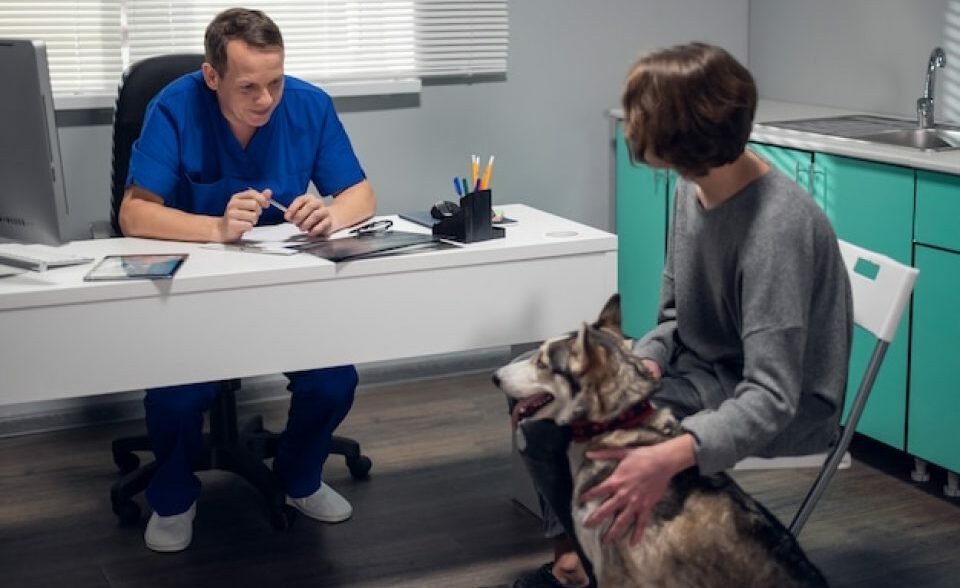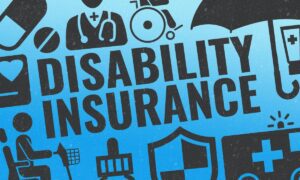Veterinarians face risks due to the physically demanding nature of their work and potential exposure to zoonotic diseases. Disability insurance protects their financial security if they cannot work due to an impairment. Agents specializing in disability insurance can compare plans from multiple companies to find the right coverage for your needs as a veterinarian. Here are five types of disability insurance for veterinarians:
1. Short-term Disability Insurance
Short-term disability insurance provides coverage for a temporary duration, ranging from a few weeks to a few months. If you become disabled and can’t work due to a covered disability, short-term disability coverage offers income replacement benefits. The compensation is a percentage of your pre-disability income, helping you maintain financial stability during the impairment period.
To qualify for payment, the insured must be actively at work when the disability occurs and have a qualifying disability as defined by the policy. Covered disabilities include illnesses, injuries, surgeries, childbirth, and medical conditions that prevent the insured from performing their job temporarily. This type of disability coverage has a short elimination period, meaning you can receive reimbursement sooner.
2. Long-term Disability Insurance
Long-term disability insurance for veterinarians provides coverage for several years or until retirement plans age. Some policies offer lifetime benefits for permanent disabilities to provide ongoing financial support. Waiting periods for long-term disability coverage are longer than those for short-term disability insurance. Policyholders can choose a waiting period that aligns with their financial needs and preferences.
Premiums for long-term disability insurance are higher than those for short-term disability insurance due to the longer coverage period. This policy may offer optional riders or enhancements to customize coverage based on individual needs. Riders include cost-of-living adjustments to account for inflation, residual or partial disability benefits, and future insurability options to increase coverage without additional medical underwriting.
3. Own-occupation Disability Insurance
This type of disability insurance defines disability based on your ability to perform the duties of your occupation at the time of impairment. If you’re unable to perform the tasks of your specific profession, you’re deemed disabled, regardless of whether you can work in a different occupation. This policy offers flexibility by allowing you to pursue other work or occupations while receiving disability compensation.
Own-occupation disability insurance comes with higher premiums than other types of disability policies because of the specialized coverage it offers. For veterinarians whose income relies on their ability to perform specific job duties, the investment in this coverage is beneficial. This coverage provides financial protection by replacing a portion of the veterinarian’s income if they become disabled and can’t work.
4. Business Overhead Expense (BOE) Disability
Business overhead expense disability coverage reimburses veterinarians for eligible business overhead costs if they become disabled and are unable to work. These expenses include rent or mortgage payments, utilities, salaries of non-owner employees, office supplies, and insurance premiums. By covering business expenses, this insurance allows the business to continue operating smoothly during the owner’s disability.
To qualify for BOE disability insurance, veterinarians should meet the insurer’s eligibility criteria. Applicants disclose past illnesses, injuries, surgeries, medications, and ongoing medical conditions so that insurers can assess their health and risk of future disabilities. After reviewing the applicant’s medical history and health information, the insurer makes an underwriting decision regarding the applicant’s eligibility for BOE disability coverage.
5. Individual Disability Insurance
This insurance is tailored to the individual’s needs and circumstances, allowing veterinarians to select coverage options that match their income, occupation, and lifestyle. Customization allows the policy to protect your financial well-being sufficiently in the event of a disability. An insurance specialist can review your coverage, assess changes in needs, and adjust policies for adequate protection.
Veterinarians can select benefit amounts, elimination periods, and optional riders or endorsements aligning with risk tolerance. These policies are portable, meaning that the coverage stays with the insured regardless of changes in employment or professional affiliations. This coverage provides veterinarians with financial stability since disability insurance remains in place irrespective of their career path.
Invest in Disability Insurance for Veterinarians
Disability insurance allows veterinarians to maintain their quality of life if they’re unable to practice veterinary medicine temporarily or permanently. An insurance specialist can assist veterinarians in customizing their coverage to align with their specialty, lifestyle, and budget. Contact reputable insurance professionals to learn more about disability insurance.































